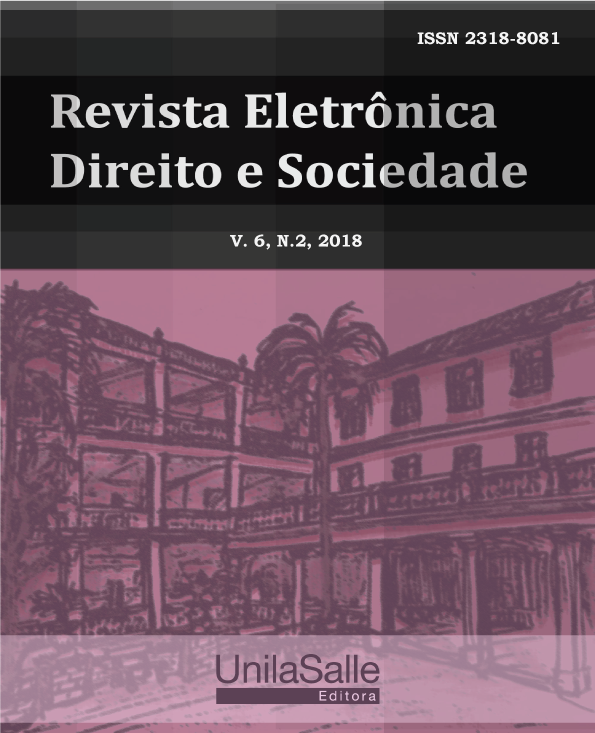The Crisis of Criminal Legality and the Role of the Superior Court of Justice in the Interpretation of Criminal Types
DOI:
https://doi.org/10.18316/redes.v6i2.3717Keywords:
Principle of Legality, Expansion of Criminal Law, Standardize the Interpretation ofFederal Legislation, Function of the Superior Court of Justice.Abstract
It addresses the crisis of the principle of legality in contemporary constitutionalism, especially because of the new criminal frameworks introduced by the legislature, which delegate to the interpreter the final conformation of prohibited conduct. The purpose of the research is to analyze the role of the Superior Court of Justice in the standardization of the interpretation of criminal types, with a view to offering the juridical person greater legal certainty in the application of Criminal Law. It is concluded that the Superior Court of Justice does not satisfactorily carry out the task of safeguarding the principle of legality in the national legal system, since there are many issues of high controversy in the organs of the Judiciary Branch of first and second instances still pending of better standardization, with serious repercussions to maximize the expansion of criminal law.Downloads
Published
Issue
Section
License
Authors who submit their manuscripts for publication in the “REDES” Magazine agree to the following terms:
The authors claim to be aware that they retain copyright by giving “REDES” the right to publish.
The authors declare to be aware that the work submitted will be licensed under the Creative Commons Non-Commercial Attribution License which allows article sharing with acknowledgment of authorship and publication in this journal.
The authors declare to be aware that by virtue of the articles published in this journal have free public access.
The authors declare, under the penalty of the law, that the text is unpublished and original and that they are aware that plagiarism has been identified, plagiarized authors will be informed - willingly, to take legal action in the civil and criminal sphere - and, plagiarists will have their access to the magazine blocked.
The authors state that - in case of co-authoring - all contributed significantly to the research.
Authors are obliged to provide retractions and (or) corrections of errors in case of detection.
The authors are obliged not to publish the text submitted to “REDES” in another electronic journal (or not).
The Electronic Journal Law and Society - REDES - is licensed under a Creative Commons License. Attribution-NonCommercial 4.0 International.Based on work available at "http://revistas.unilasalle.edu.br/index.php/redes/about/submissions#copyrightNotice".
Permissions in addition to those granted under this license may be available at http://creativecommons.org/.

